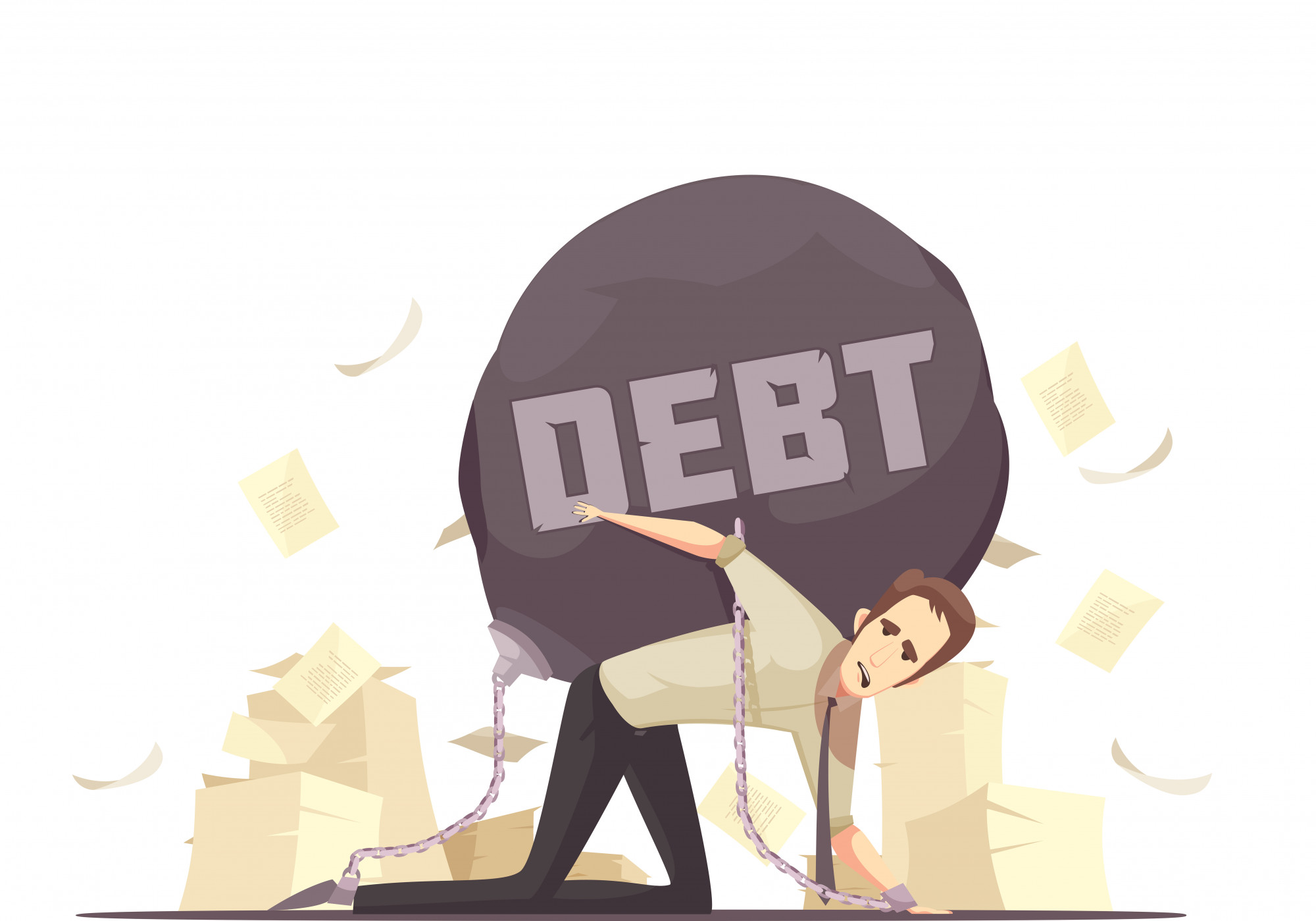At this point, you should have taken care of most of your responsibilities, like loans, your children's education, and other debts, so you can relax and do what you want. You could only do this if you had planned well for your retirement.
Planning for the retreat is just as important as planning to own property, pay for your children's education, or take that trip you've always wanted to take. People didn't plan for retirement until recently because they had big families, got pensions, or depended on their children.
But as society changes and nuclear families become more common, children want to start working, and parents want to be more independent, it has become more important to plan for retirement. We give some simple advice on avoiding making the most common mistakes people make when planning for retirement.
Not Beginning Quickly Enough
When planning for retirement, this is a mistake that many people make. People usually don't start thinking about and planning for retirement until they get close to their retirement years. This is a terrible way to save for retirement. The best time to start making retirement plans is early in your career.
Because of the power of compounding, you can start with less money when you save for retirement earlier. For example, a small investment of Rs 1,000 per month for 20 years with a return on investment (ROI) of 8% would bring in Rs 5,49,153. If on the opposite side, you cut the term by ten years, you only get Rs 1,73,838. If you start a few years earlier, you get almost three times as much.
Not maintaining a conservative perspective on retirement expenses
At some point in the future, someone would leave their job. It would be best if you had a good idea of how much money you will need when you stop working. If you want to keep living the way you do now, you should be able to put a number on your current costs and use that number to figure out how much your retirement will cost.
Your daily costs for gas and travel may go down when you retire, but you may have to pay more for help, medical care, security systems, etc. No matter how much it costs, inflation needs to be a key number.
Unsuitable Asset Allocation
Having decided how much you want to retire, it's just as important to invest in the right assets that will grow and give you the money you need. Market changes and other unplanned events could wipe out your retirement savings if you are too risky and take too many chances.
On the flip side, if you are too careful, you might not have enough money for when you retire. So, it's important to spread your money and take a balanced approach. If you don't think you know enough to figure these out, you could ask a financial planner for help.
Taking debt into your golden years
You may have taken on debts to build or buy a home or car, pay for emergencies, go on vacation, or grow your business during your active years. You can pay your EMIs while you work because you have enough money. Don't make the oversight of thinking you can keep paying off your debt with money from your retirement account.
Most of the time, lenders look at your age to decide when your EMIs will end. But there is a time when you might choose to leave your job early. Or, you could help pay for your child's education by taking out a loan and being a co-borrower or guarantor. Either you or the other person has to pay those costs. If you take money from your retirement fund, your money will get worse.
If you don't have health insurance:
Health problems are hard to deal with at any point in life. It's not easy for retired people to live in a world where unhealthy habits and other diseases are common. Add to that the rise in the value of health care, and retiring without health insurance would not be a good idea. Remember that your company's insurance policy usually covers your health costs while working.
Buying health insurance when you are young will save you money. As you get older, many policies require you to wait a certain amount of time before they cover illnesses you've already had. And people over a certain age don't get health insurance. Also, ensure that the policy includes all possible treatments and covers them.
Conclusion
Everyone's golden years are their retirement years when they can relax and spend time with family and friends. Don't ruin this time by worrying that you haven't saved enough money for retirement. Prepare well in advance. Remember the golden rule: For everything else, you can get a loan, but not for retirement, so you need to save enough.
 PDF Magic
PDF Magic



